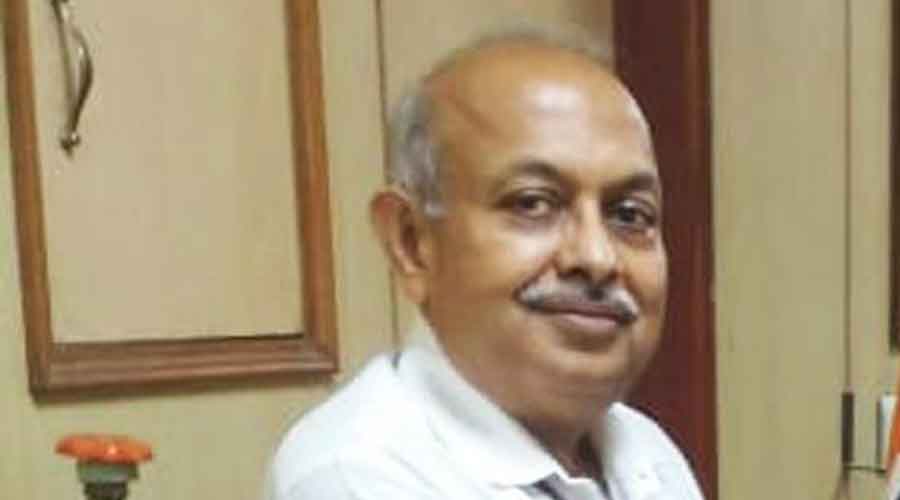Senior advocate K.V. Viswanathan, amicus curiae in the case challenging the extension granted to the director of the Enforcement Directorate (ED), Sanjay Kumar Mishra, on Monday told the Supreme Court that repeated extensions were “illegal” and “contrary” to the top court’s judgments that stressed the importance of insulating such posts from extraneous influence.
“The Union of India says there is an amendment to the CVC Act and that these extensions are given. My submission is that keeping in line with the long line of judgments from Vineet Narayan and the Common Cause cases... the extensions are illegal and contrary to the line of judgments. It is not about the incumbent at all but the principle behind such extensions,” Viswanathan told the apex court.
An amicus curiae is not a party to a case but is a “friend of the court” who is permitted to assist a bench by offering information, expertise, or insight on a particular issue. The decision whether to consider an amicus brief lies within the discretion of the court. In December last year, the court had issued a notice to the Centre on multiple petitions challenging the latest extension granted to ED director Mishra.
Solicitor-general Tushar Mehta, appearing for the Centre, told the bench of Justices B.R. Gavai and Aravind Kumar that the ED had filed an affidavit opposing the locus standi of some of the petitioners, who were facing a probe by the agency for offences related to money-laundering. “My specific pleading on the affidavit is all political people facing serious money-laundering cases have come before Your Lordship. I am challenging their locus standi,” Mehta said.
However, Justice Gavai said: “We are not concerned with that.”
The judge said the matter would have to be adjourned as Justice Vikram Nath, who had earlier heard the case, was sitting in a different composition.
The bench adjourned the matter to enable the Chief Justice of India to constitute the earlier bench of Justices Gavai and Vikram Nath to hear the matter.
The bench of Justices Gavai and Vikram Nath had sought the Centre’s response on separate petitions filed by advocate Manohar Lal Sharma, Congress leaders Randeep Singh Surjewala and Jaya Thakur, Trinamul leaders Mahua Moitra and Saket Gokhale, and civil liberties activists such as Vineet Narain and others.
In recent times, the ED has been making news for its sustained raids on Opposition leaders. The Centre had on November 17, 2021, issued a fresh notification granting the latest extension to Mishra, extending his tenure till November 18, 2023, “or until further orders”.
The PIL petitioners had challenged the Centre’s decision to grant a fresh extension to Mishra on the ground that it had been done despite the Supreme Court ruling against any further extension.
The Centre amended the Central Vigilance Commission (CVC) Act to give a maximum extension of up to five years to an incumbent ED director.
On September 8 last year, the bench of Justice L. Nageswara Rao (now retired) and Justice Gavai had ruled that the government could extend the tenures of ED officers who had retired but only in “rare and exceptional cases” — to complete an investigation or other pressing commitments — as it upheld the Centre’s decision to grant a one-year extension retrospectively to Mishra.
However, in the same breath, the apex court said that Mishra should not be granted any further extension beyond his then tenure, which was to end in November last year.
The bench had passed the order while disposing of a petition filed by the NGO, Common Cause, for quashing an order dated November 13, 2020, issued by the Centre extending Mishra’s tenure.
The petitioner had submitted that the extension was contrary to the procedure prescribed under Section 25 of the CVC Act, 2003. Common Cause had complained that Mishra had, through an order dated November 19, 2018, been appointed ED director for two years from the date of assumption of charge or until further orders, whichever was earlier.
The two-year tenure had come to an end on November 19, 2020. Mishra had already reached the retirement age of 60 in May 2020.











